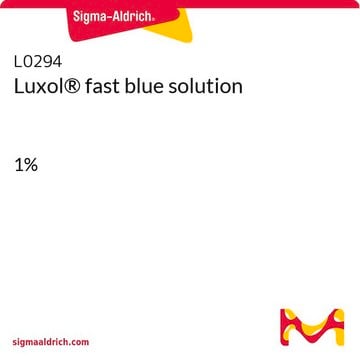752843
Lithium carbonate
99.999% trace metals basis
Synonym(s):
Carbolithium, Carbonic acid lithium salt
About This Item
Recommended Products
Quality Level
Assay
99.999% trace metals basis
form
powder
greener alternative product characteristics
Design for Energy Efficiency
Learn more about the Principles of Green Chemistry.
sustainability
Greener Alternative Product
impurities
≤15.0 ppm Trace Metal Analysis
mp
618 °C (lit.)
density
2.11 g/cm3
greener alternative category
, Enabling
SMILES string
[Li+].[Li+].[O-]C([O-])=O
InChI
1S/CH2O3.2Li/c2-1(3)4;;/h(H2,2,3,4);;/q;2*+1/p-2
InChI key
XGZVUEUWXADBQD-UHFFFAOYSA-L
Gene Information
human ... GSK3A(2931) , GSK3B(2932) , IMPA1(3612)
Looking for similar products? Visit Product Comparison Guide
General description
Signal Word
Warning
Hazard Statements
Precautionary Statements
Hazard Classifications
Acute Tox. 4 Oral - Eye Irrit. 2
Storage Class Code
13 - Non Combustible Solids
WGK
WGK 1
Flash Point(F)
Not applicable
Flash Point(C)
Not applicable
Choose from one of the most recent versions:
Certificates of Analysis (COA)
Don't see the Right Version?
If you require a particular version, you can look up a specific certificate by the Lot or Batch number.
Already Own This Product?
Find documentation for the products that you have recently purchased in the Document Library.
Customers Also Viewed
Articles
The diversity of applications and nanostructured materials accessible using ultrasonic spray methods are highlighted in this article.
The diversity of applications and nanostructured materials accessible using ultrasonic spray methods are highlighted in this article.
The diversity of applications and nanostructured materials accessible using ultrasonic spray methods are highlighted in this article.
The diversity of applications and nanostructured materials accessible using ultrasonic spray methods are highlighted in this article.
Our team of scientists has experience in all areas of research including Life Science, Material Science, Chemical Synthesis, Chromatography, Analytical and many others.
Contact Technical Service












